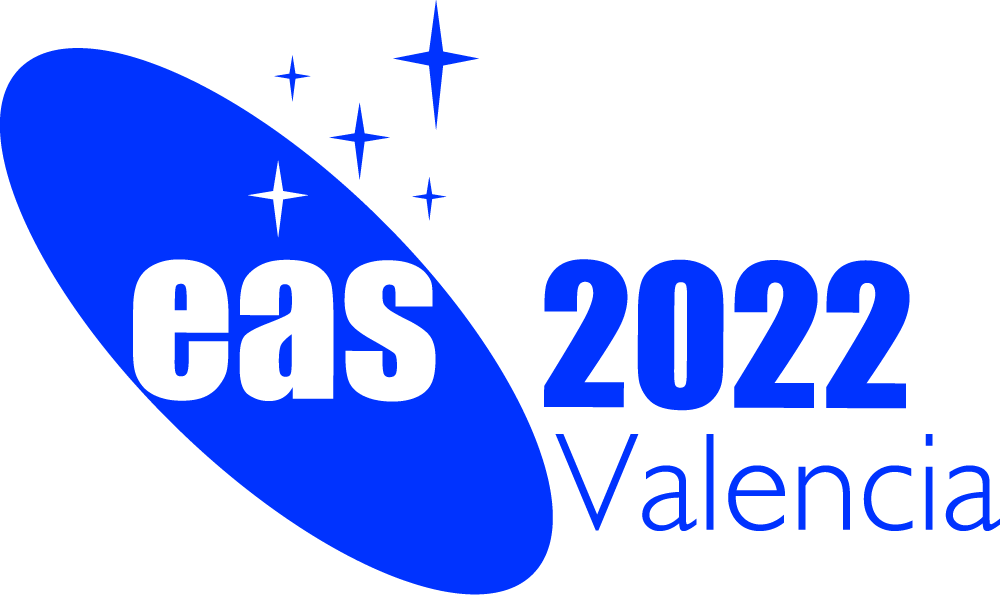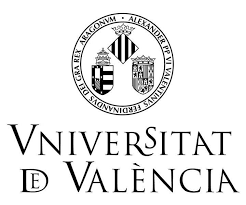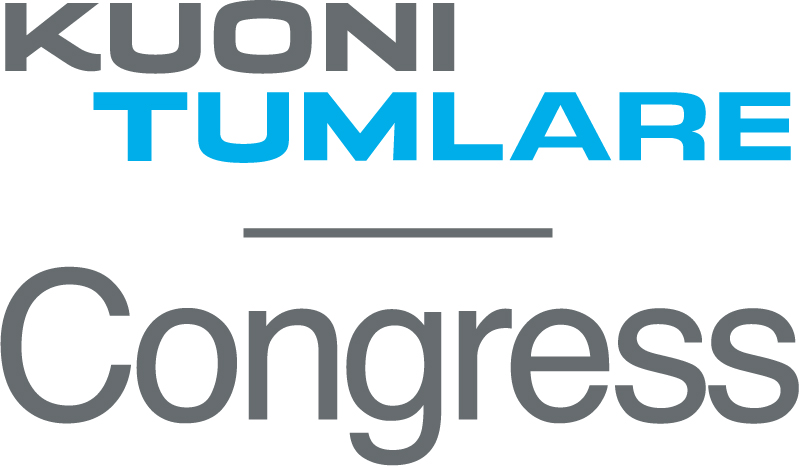
|
Special Session SS16
1 July 2022
Connecting stellar sources and the ionised ISM
The ionised interstellar medium (ISM) is a key tracer of the feedback processes linking massive stars with their local and galactic environments. It provides diagnostic information on the gas energetics and key physical conditions (temperature, density, metallicity, pressure) that regulate the star formation process. Efficient spectroscopic mapping campaigns (e.g. PHANGS-MUSE, KCWI, SITELLE, GOTC+, GDIGS, SDSS-V/LVM), in combination with extensive data on resolved stellar population (e.g. PHAT, LEGUS, PHANGS-HST, SDSS-IV/APOGEE, SDSS-V/MWM), are allowing, for the first time, a systematic high-resolution view of the ionised ISM and its relation to ionising sources in nearby galaxies. With the launch of the JWST and new ground-based IR instrumentation (e.g. VLT/ERIS, ELT/HARMONI) we will also be able to extend our knowledge of the resolved properties of star-forming regions and their powering sources towards cosmic noon, and beyond. In this way, we can begin to probe this relationship all the way from the Local Group to the high-redshift Universe, reaching scales comparable to cutting-edge simulations (e.g. SILCC-ZOOM, FIRE, IllustrisTNG).
Programme
Invited speakers
Scientific organisers Francesco Belfiore (INAF), Oleg Egorov (U. Heidelberg), Kathryn Kreckel (U. Heidelberg) Contact
Francesco Belfiore: francesco.belfiore @ inaf.it (INAF- Arcetri) Updated on Wed Jan 26 15:22:30 CET 2022
|
|||||||||||
|
European Astronomical Society |
||||||||||||
 A power cut will shut down all EAS services on Tuesday, 10 January 2017 starting at 7:30 CET.
A power cut will shut down all EAS services on Tuesday, 10 January 2017 starting at 7:30 CET.


